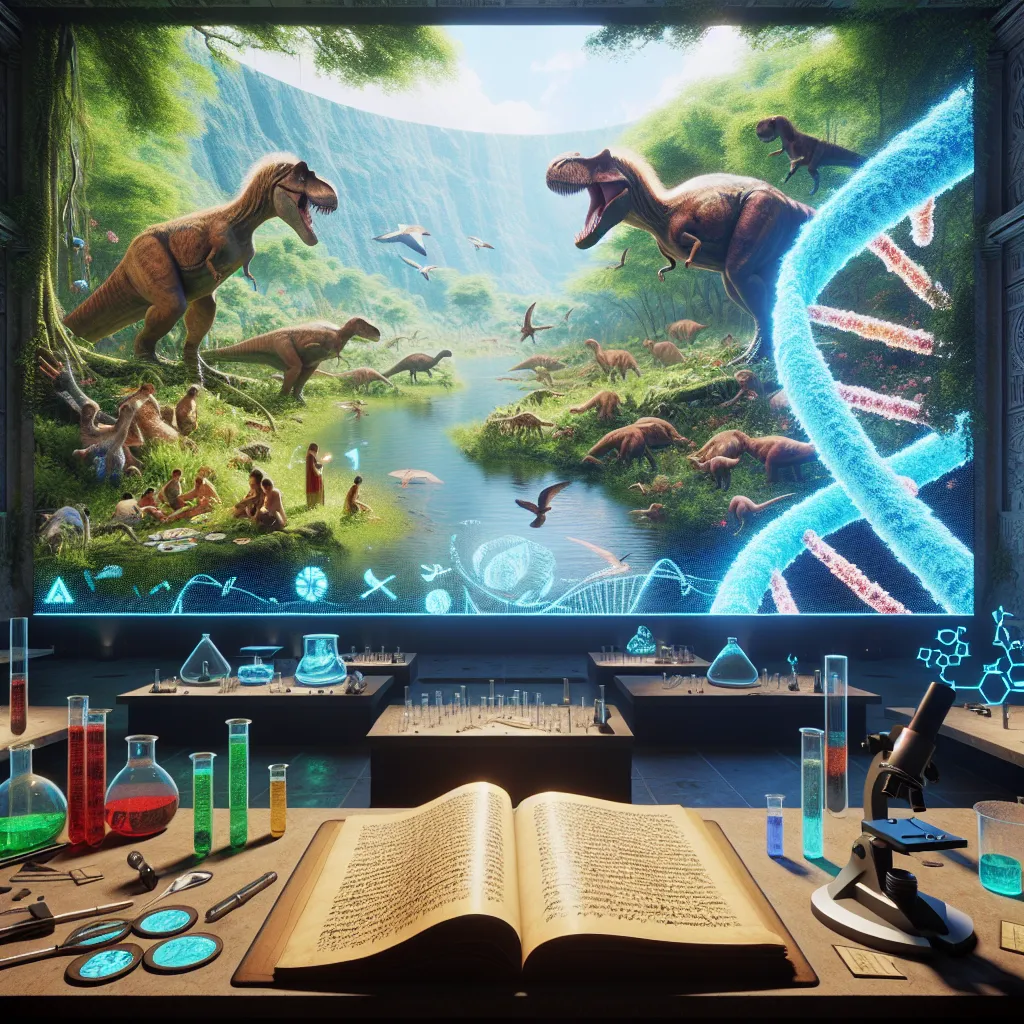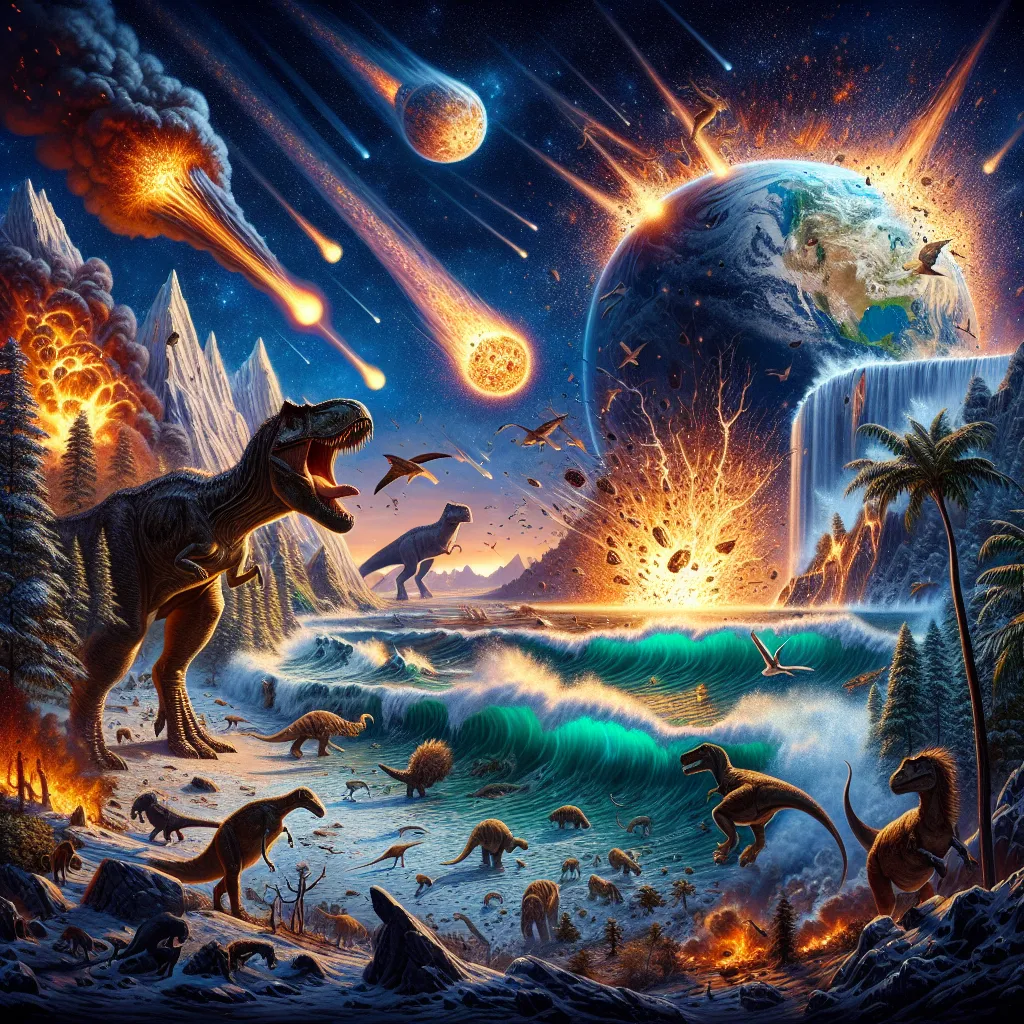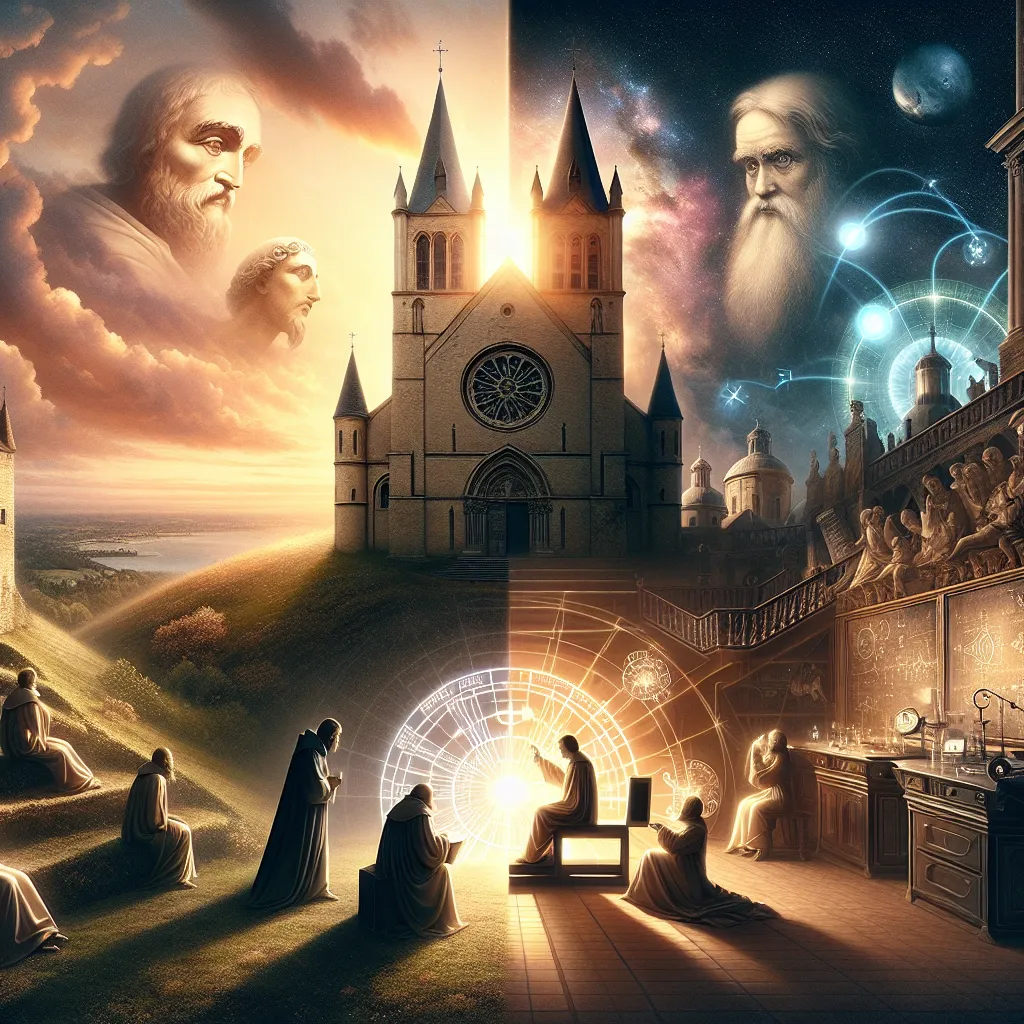In the 1970s, American fundamentalists introduced something called “scientific creationism.” Unlike traditional science, which relies on observation and experiments, this approach is rooted in Biblical teachings. One major example of this is the Creation Museum in Kentucky, which opened in 2007. The museum presents a view of natural history that aligns with a literal interpretation of the Bible. Interestingly, about one in 500 Americans visited the museum in its first year, which indicates its potential influence on public opinion.
The Bible states that God created the universe and all life on Earth in six days. If you take the Old Testament literally, this means humans and dinosaurs coexisted. The museum even features displays where humans and dinosaurs are shown happily living side by side, which directly contradicts the fossil record.
I spoke with Jason Lyall, one of the museum’s resident scientists, to better understand how he reconciles his faith-based beliefs with contradictory scientific evidence. Lyall, an astrophysicist, believes that since God created all land animals, including dinosaurs, on the sixth day, they must have lived alongside humans. He maintains this position despite the lack of evidence supporting it and the abundance of evidence against it.
Lyall argues that his faith supports his belief in scientific experimentation and observation, but only as long as the results do not contradict the Bible. When faced with contradictory evidence, he chooses to trust the Bible over scientific findings. This raises a fundamental question: if science is only valid when it aligns with scripture, then what is the point of doing science at all?
The tension between faith and science is not new, but it’s fascinating to see it so vividly displayed. Talking to Jason Lyall made me question whether religious beliefs inherently conflict with scientific inquiry. While it doesn’t necessarily have to be that way, it’s clear that this approach presents significant challenges to the pursuit of unbiased scientific understanding.






